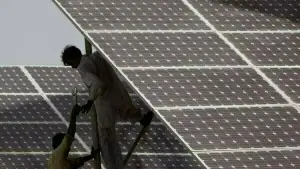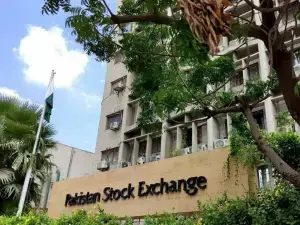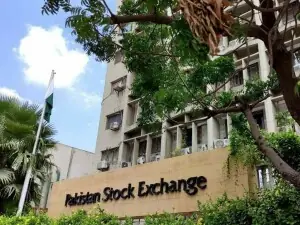China is the biggest loser from intellectual property violations and needs to stamp out piracy to build global corporate champions, US Commerce Secretary Carlos Gutierrez said on Monday.
Gutierrez was speaking in the south-western city of Chongqing at the start of a visit to China to prepare for high-level US-Chinese meetings in Washington next month.
In a speech to students and businessmen, Gutierrez said widespread counterfeiting was not only harming US companies but also posing a threat to China's own long-term development.
"Ironically, it is China that is most affected by violations of intellectual property rights," he said. A Chinese official conceded the country had rampant copyright piracy but said the problem could not be eliminated overnight.
"We still have a serious problem of piracy. We need to study more forceful and effective measures to curb it," Yan Xiaohong, deputy chief of the National Copyright Administration, told a news conference in Beijing.
Gutierrez welcomed Chinese efforts to crack down on counterfeiting - Xinhua news agency reported that 14 compact disk operations had been punished for illegal copying - and praised Vice-Premier Wu Yi for taking the lead in tackling what he said was clearly a complex issue.
"We need to see results, but we should also recognise the tremendous effort that's being made. That's a very positive development," Gutierrez told Reuters after his speech.
US music, movie, software and other copyright industry groups estimate they suffered some $2.4 billion in lost sales in China last year because of piracy.
American manufacturers also say they lose billions of dollars a year because of counterfeiting and patent violations in China.
But Gutierrez said China was also bleeding tax revenue as a result of software piracy.
Failure to curb piracy could thwart the country's efforts to create firms able to strike out on to the world stage, he added.
"Without effective intellectual property protection, China's intellectual property and inventions would be the target of illicit enterprises," he said.
Gutierrez also said China needed to do more to improve access for foreign firms to its booming markets and to address US concerns that the yuan is being held down at unfairly cheap levels.
"We're not asking for special favours, we're not asking for special considerations, we're not asking for an artificially developed goal or number. We just want a level playing field and the ability to compete," he told Reuters. Gutierrez stressed the importance of open and fair trade to support economic growth and said the large US trade deficit needed to be reined in to keep protectionist sentiment at bay.
"We don't want it to become so big that what happens is that people who want to isolate the United States, who want to be protectionist, may find a welcoming ear in the American people because of the trade deficit," he said in his speech.
Several US law-makers are preparing legislation that would punish China unless it takes concrete steps to reduce its trade surplus with the United States, which hit $202 billion in 2005.
US officials hope an April 11 meeting of Gutierrez, US Trade Representative Rob Portman and Chinese Vice Premier Wu will set the stage for successful talks when President George W. Bush hosts President Hu Jintao at the White House on April 20.
"This is a relationship that is evolving, it's maturing, and ... we both have the opportunity to show just how much it has evolved and how much it has matured," Gutierrez said.
BR100
16,307
Increased By
236.2 (1.47%)
BR30
51,537
Increased By
1163.4 (2.31%)
KSE100
157,953
Increased By
1775.7 (1.14%)
KSE30
48,199
Increased By
520.5 (1.09%)






















Comments
Comments are closed.